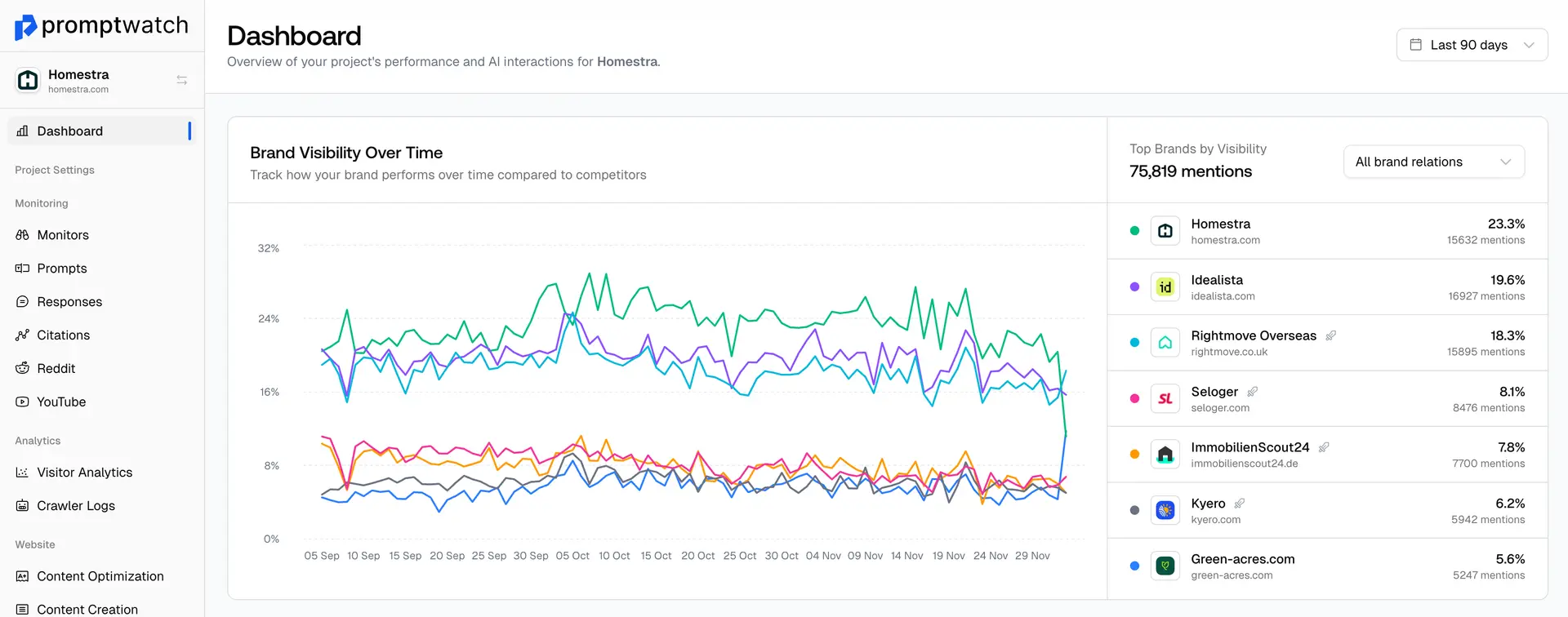Definition
AI Content Ranking refers to the algorithms and processes that AI systems use to prioritize and order content when generating responses to user queries. Unlike traditional search rankings that determine the order of results on a search engine results page, AI content ranking determines which sources get cited, referenced, or synthesized in AI-generated responses.
AI content ranking operates on different principles than traditional search rankings. While traditional search considers factors like keyword relevance, backlinks, and user engagement, AI content ranking focuses on content authority and trustworthiness, factual accuracy and verifiability, relevance to the specific query context, citation-worthiness and expert credibility, content comprehensiveness and depth, and source reliability and consistency.
The ranking process in AI systems is more nuanced than traditional search because AI doesn't just return lists—it makes editorial decisions about which sources to trust, how to combine information from multiple sources, and which perspectives to emphasize. This process can vary significantly based on the query type, user context, and AI system design.
Factors that influence AI content ranking include domain authority and expert recognition, content quality and factual accuracy, citation patterns and third-party validation, topical expertise and thought leadership, content structure and extractability, social proof and community recognition, and consistency across multiple authoritative sources.
Unlike traditional rankings that are relatively transparent through tools like Google Search Console, AI content rankings are largely opaque. Understanding them requires systematic testing, monitoring AI responses across different queries, and analyzing patterns in how AI systems select and prioritize sources.
Improving AI content ranking requires focusing on building genuine expertise and authority, creating comprehensive, accurate content, earning recognition from industry peers, maintaining consistent quality across all content, and optimizing content structure for AI extraction and synthesis.
The implications of AI content ranking extend beyond SEO to broader brand reputation and thought leadership, as high-ranking content in AI systems can significantly impact how brands and experts are perceived and recommended.
Examples of AI Content Ranking
- A research institution analyzing AI content ranking to understand why their studies are frequently cited in AI-generated academic summaries
- A business consulting firm optimizing their content to improve ranking in AI responses about management strategies
- A technology company studying AI content ranking patterns to enhance their presence in AI-generated technical recommendations
